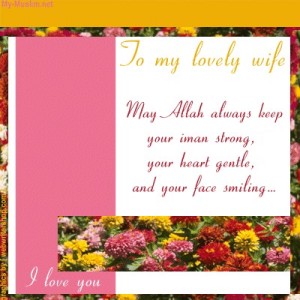Compiled by Muhammad Latif Chaudhery
01. Respect and honour all human beings irrespective of their religion, colour, race, sex, language, status, property, birth, profession/job and so on. [Holy Quran - 17/70]
02. Talk straight, to the point, without any ambiguity or deception. [33/70]
03. Choose best words to speak and say them in the best possible way. [17/53, 2/83]
04. Do not shout. Speak politely keeping your voice low. [31/19]
05. Always speak the truth. Shun words that are deceitful and ostentatious. [22/30]
06. Do not confound truth with falsehood. [2/42]
07. Say with your mouth what is in your heart. [3/167]
08. Speak in a civilised manner in a language that is recognised by the society and is commonly used. [4/5]
09. When you voice an opinion, be just, even if it is against a relative. [6/152]
10. Do not be a bragging boaster. [31/18]
11. Do not talk, listen or do anything vain. [23/3, 28/55]
12. Do not participate in any paltry. If you pass near a futile play, then pass by with dignity. [25/72]
13. Do not verge upon any immodesty or lewdness whether surreptitious or overt.[6/151]
14. If, unintentionally, any misconduct occurs by you, then correct yourself expeditiously. [3/134]
15. Do not be contemptuous or arrogant with people. [31/18]
16. Do not walk haughtily or with conceit. [17/37, 31/18]
17. Be moderate in thy pace. [31/19]
 Life is very short, my friends
Life is very short, my friends by mail from Buhari
by mail from Buhari





























 The
Saudi Abayah is probably the most famous example of a one piece hijaab /
outer garment. It covers a woman from head to toe. The most common
colour for this dress is black. It can also be called ” head-style ”
abaya as it comes down from your head.
The
Saudi Abayah is probably the most famous example of a one piece hijaab /
outer garment. It covers a woman from head to toe. The most common
colour for this dress is black. It can also be called ” head-style ”
abaya as it comes down from your head. Jilbab -
this is and overcoat with buttons or zipper in the front (half-way or
all the way down). This is the most common type outer-garment among
Muslim Women all over the world.
Jilbab -
this is and overcoat with buttons or zipper in the front (half-way or
all the way down). This is the most common type outer-garment among
Muslim Women all over the world.

 Shayla - a long rectangular shape scarf.
Shayla - a long rectangular shape scarf.
_634125.jpg)